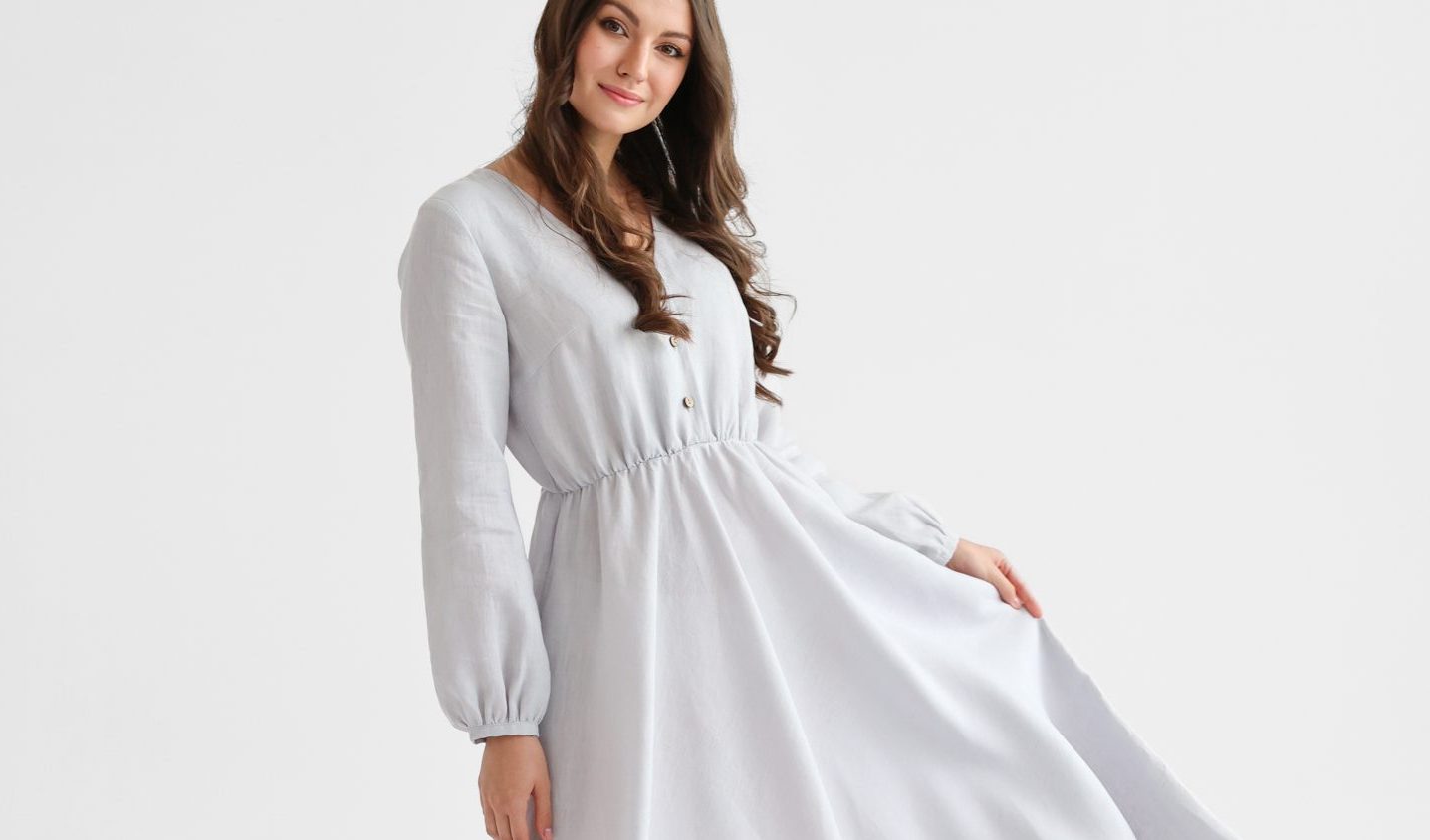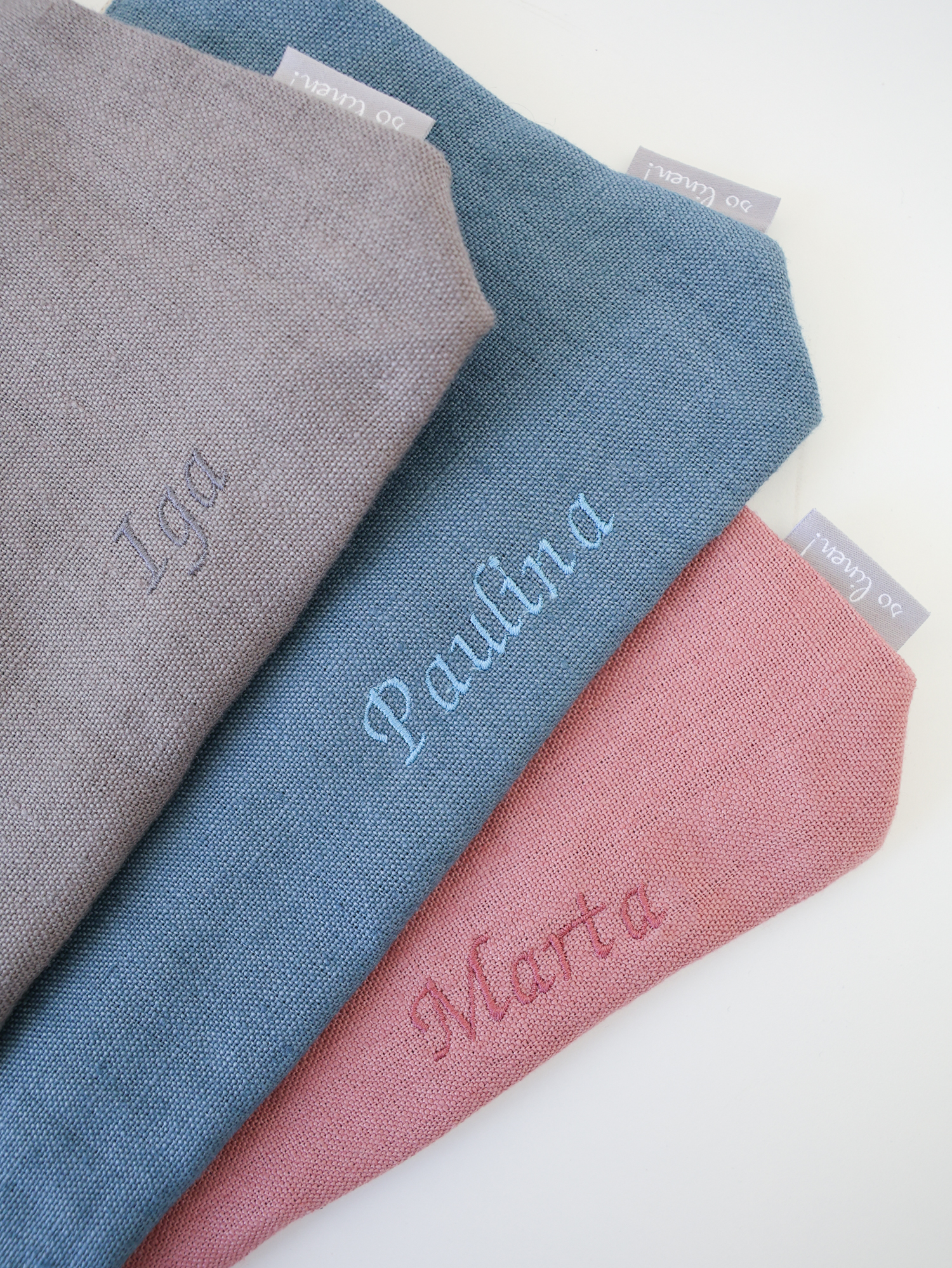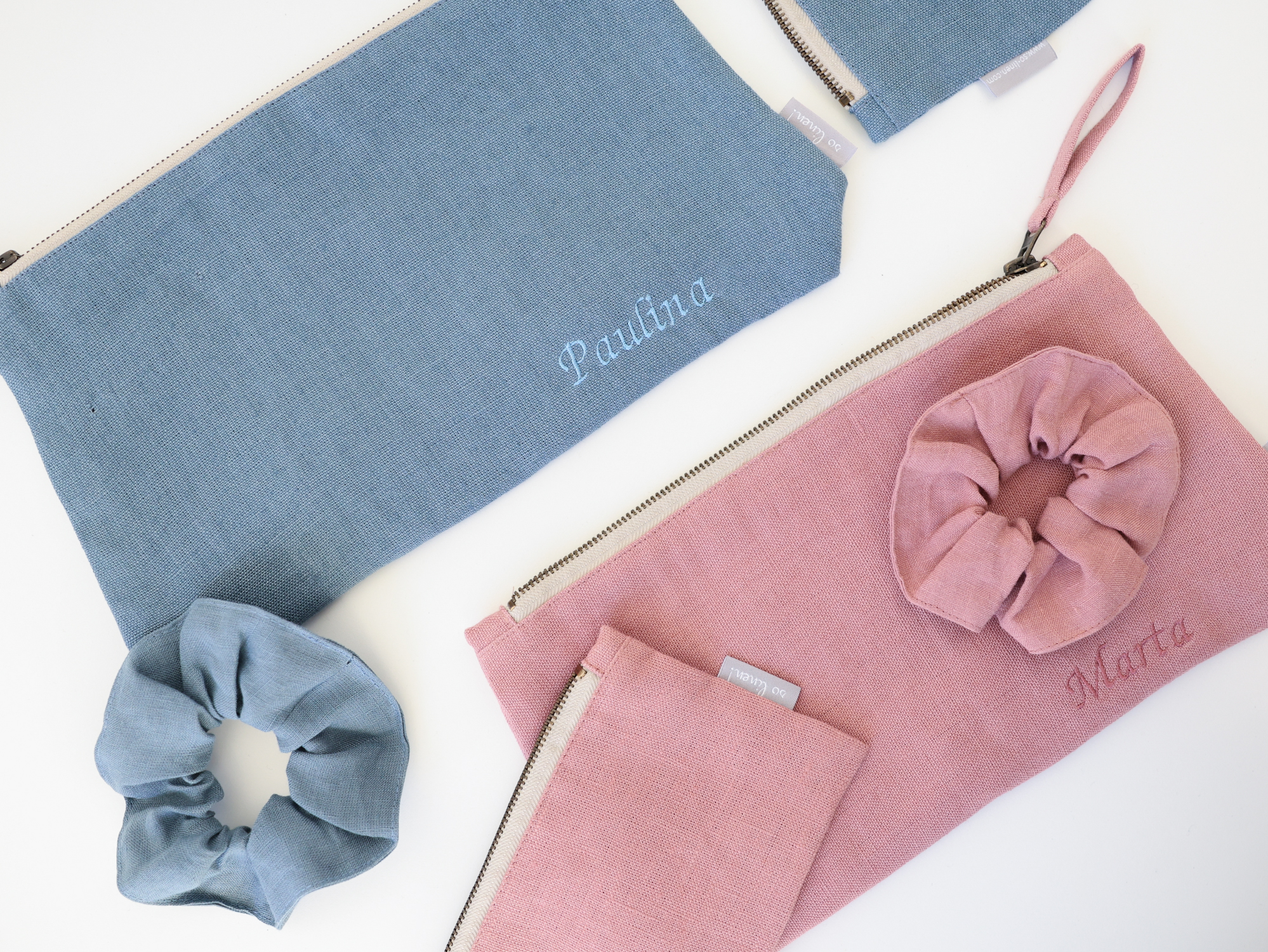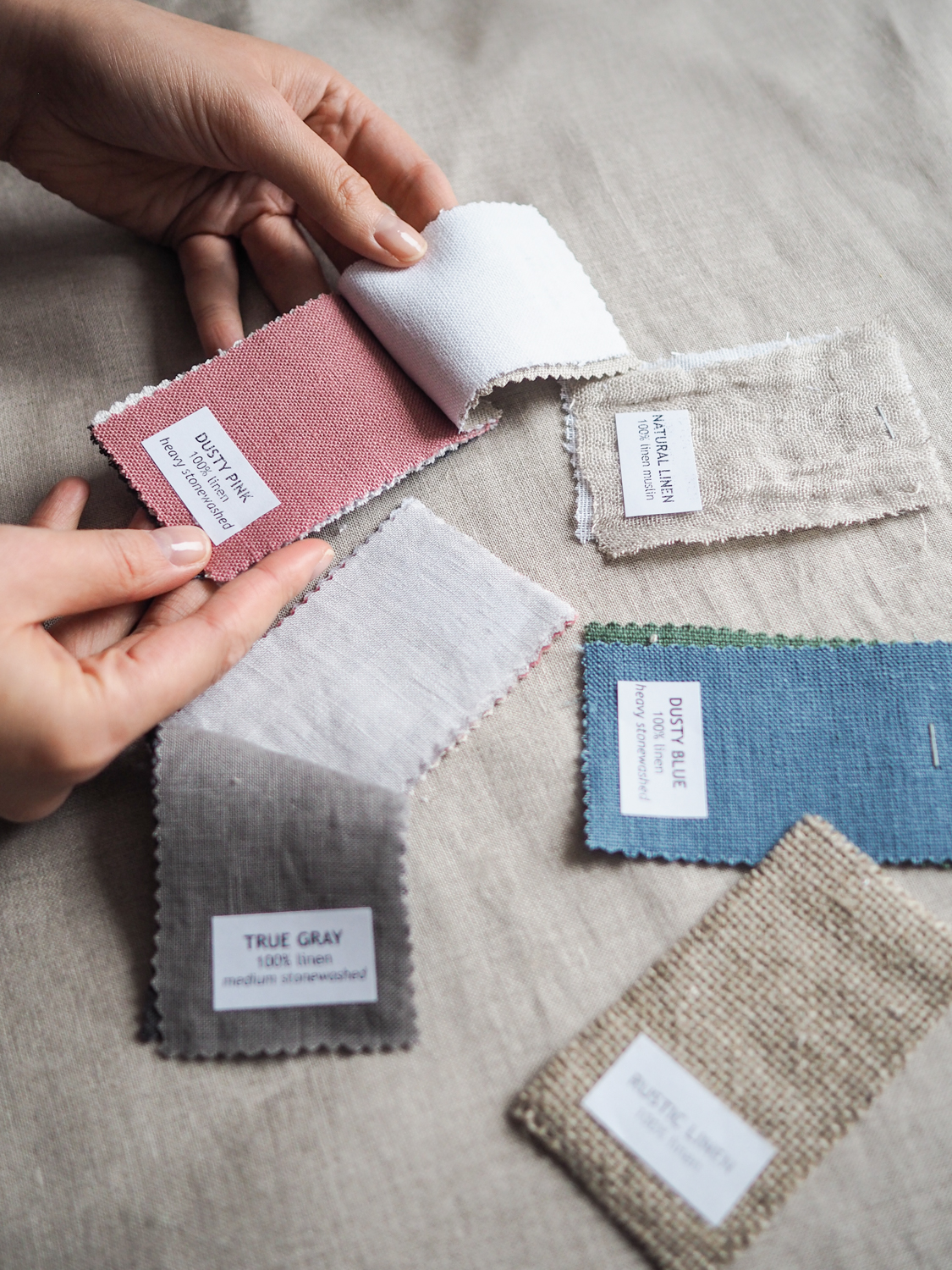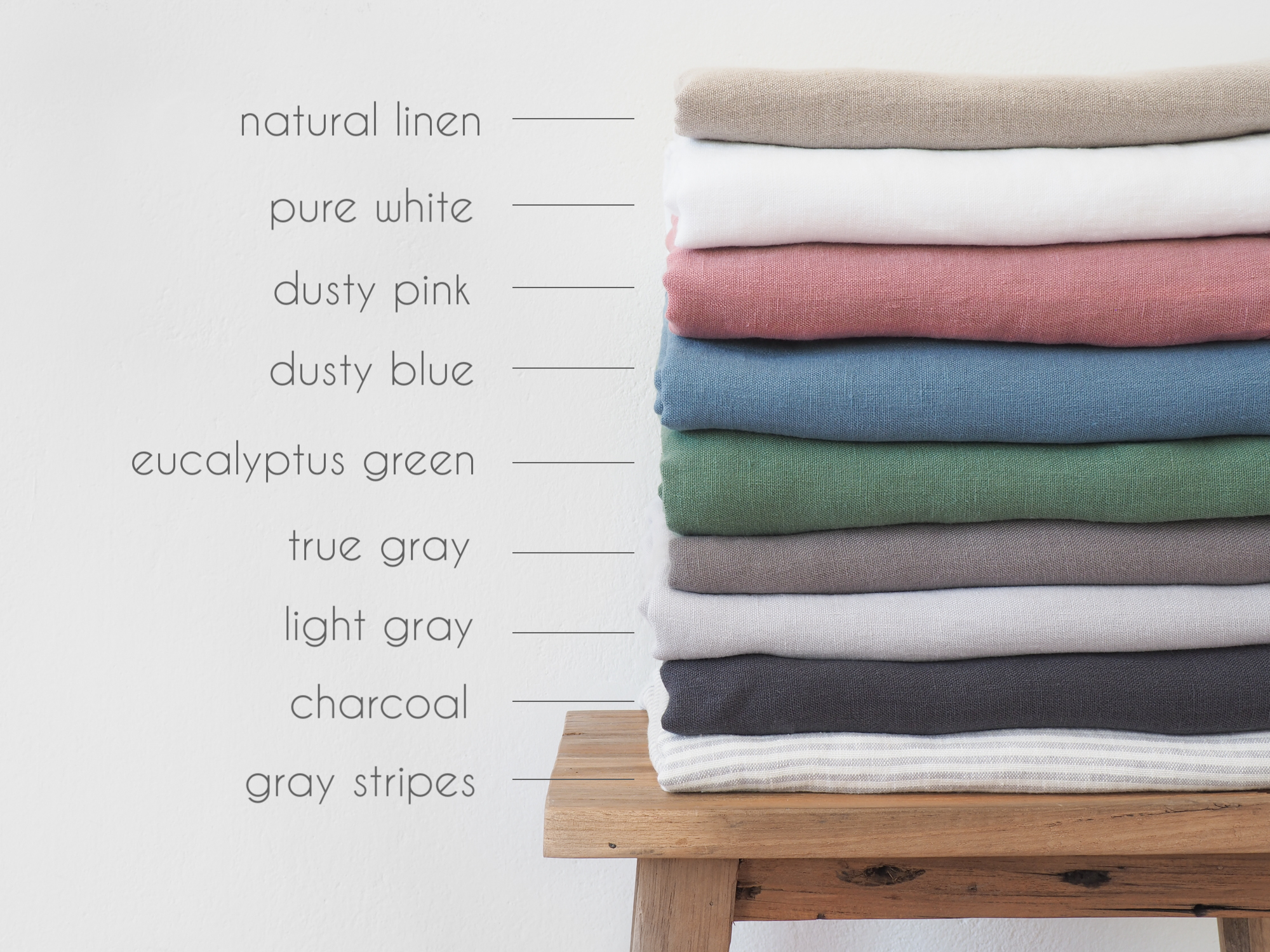Uncategorized
Linen, and health. Do you know the benefits of wearing linen clothes?
In the age of fast fashion and growing interest in eco-friendly lifestyles, many people are looking for alternatives to synthetic materials. This is not surprising – mass industry and the use of polyester not only has a negative impact on the environment, but can also have health consequences. A much safer option, of course, is linen, which has been prized for thousands of years for its unique properties.
Linen – health in the form of body temperature regulation
Body temperature regulation is a complex process by which organisms maintain their internal temperature within a suitable range – and regardless of external conditions. For humans, the optimal body temperature is around 36.5-37.5°C.
This entire process is essential for the proper functioning of many metabolic and enzymatic processes occurring in the body. Regulation of body temperature involves a balance between the body’s production of heat (mainly through metabolism) and its loss. It is very easy to disrupt it by overheating and overcooling the body, which is why it is recommended to wear natural fibers, i.e. linen. These are perfectly breathable, so that on warm days they have a cooling effect, while in cooler conditions they help retain heat.
Linen – health and anit-allergic properties
Linen fabrics are naturally anti-allergenic, making them ideal for people with sensitive skin or allergy prone. Linen, unlike synthetics and artificial fabrics, does not cause irritation and is gentle on the skin. This is due to the fact that pesticides, chlorophenols, formaldehyde, allergenic dyes, banned azo dyes and extractable heavy metals are not used in its cultivation and in the production of clothes. These, in turn, are readily found in mass production – especially using polyester, nylon and lycra.
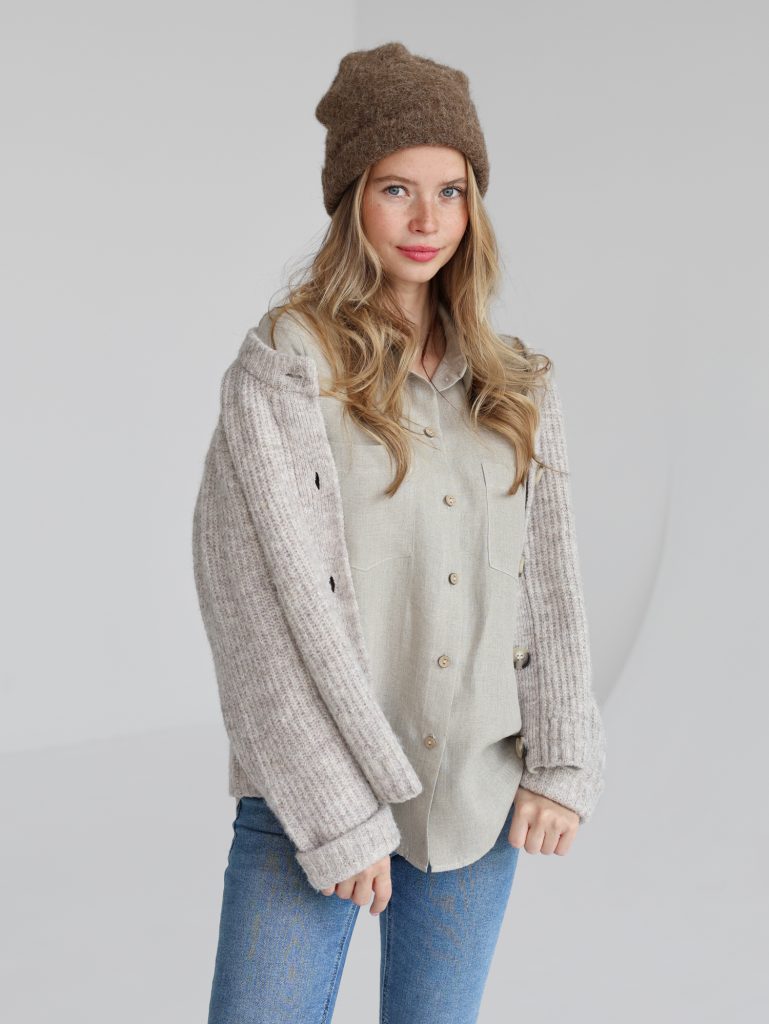
Antibacterial properties
Antibacterial fabric means that it has properties that inhibit the growth of bacteria and microorganisms that can be a source of infection and inflammation. Most often this applies to fabrics that are poorly wicking – i.e. polyester and microfiber, which creates an attractive environment for these little enemies. Much better, then, will be cotton and linen, which prevent odors, providing a higher level of hygiene and greater safety for our skin (especially if it struggles with irritation and AD).
Linen is health in an Eco-friendly spirit
A fabric described as “eco-friendly” means that its production, use and disposal have minimal negative impact on the environment. This can refer to the use of renewable raw materials, reduction of water and energy consumption in the production process, absence of harmful chemicals or biodegradability after use. Eco-friendly fabrics are often a response to growing environmental awareness and a move toward more sustainable production in the textile industry.
The production of linen fabrics is much less harmful to the environment than many other materials. Linen grows quickly and requires less water and pesticides compared to other fiber crops like cotton. This, in turn, has a positive effect on our health and well-being – whether we suffer from skin or inhalation allergies.
Improving sleep quality
Polyester can worsen sleep quality because it is less breathable than natural fabrics such as cotton or linen. This results in heat and moisture buildup, which can lead to feelings of discomfort and more frequent waking at night. You’ve certainly felt this in the summer, when lying under a polyester quilt you woke up due to excessive sweating or overheating (so uncomfortable, right?).
Many people believe that by sleeping in linen bedding, they sleep deeper and more peacefully. We confirm this! Linen fabric helps regulate body temperature during sleep, contributing to better relaxation. In addition, it is light and soft, pleasantly warming us in winter and cooling in summer.
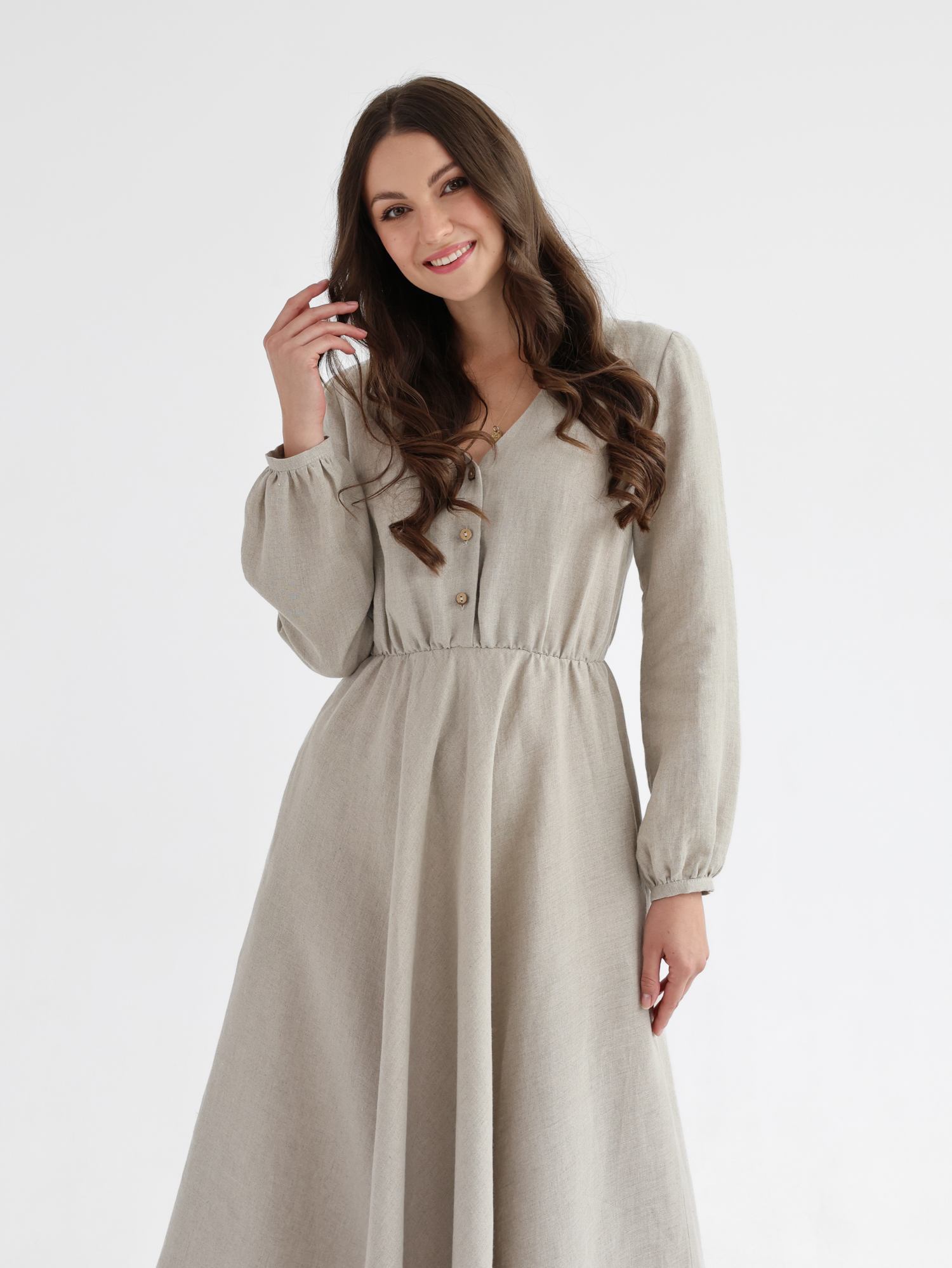
Remember, we’re on INSTAGRAM!


